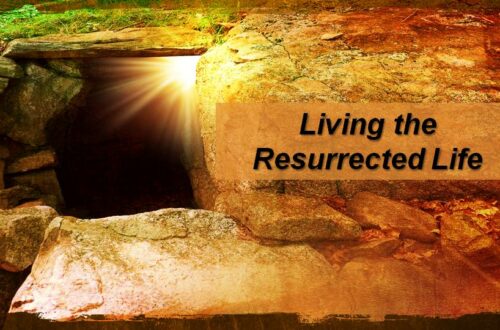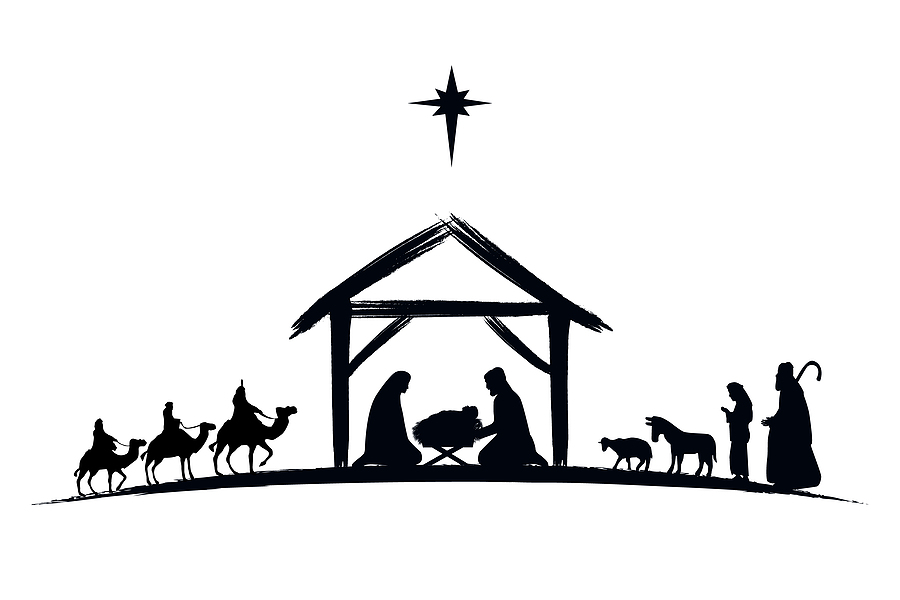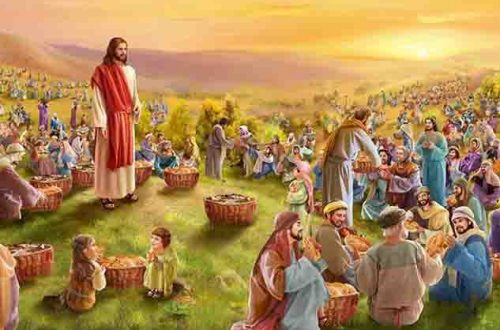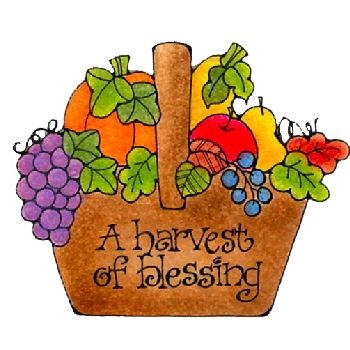-
One New Year’s Resolution: Desert Blame and Develop Blessing
Perhaps you routinely do self-examination to start off the New Year. Some habits need to be developed and others need to be deserted. I unexpectedly found something God had for me to develop—blessing and to desert—blame. The passage in John 9 where Jesus heals the blind man born blind, revealed my need to develop discovering the blessings and desert finding the blame in difficulties. Let’s take a look at that passage. “As He (Jesus) passed by, He saw a man blind from birth. And His disciples asked him, ‘Rabbi, who sinned, this man or his parents, that he was born blind?’” (John 9:1-2). From an Old Testament Jewish perspective, the…
-
Legacy & Family
Author: Lucille Williams My father-in-law passed away this past year. Having served in World War II and following the times of his generation, “Dad,” Wally Williams wasn’t one for emotions or feelings. Men were taught to be men: one must never cry, don’t show weakness, suck it up, man up, and never put your guard down, were the theme of his generation. Some perpetuated that theme to the next generation. Growing up, my husband never heard, “I love you” or “I’m proud of you.” Even as an adult, hearing “I’m proud of you” from his dad didn’t happen. Until… Just before Wally passed, we traveled to see him knowing our…
-
No Room in the Inn
The angel affirmed, “Nothing is impossible with God!” Yet Mary gave birth to God incarnate in a barn because there was no room for them in the inn. God chose not to make room for Joseph, Mary, and Jesus in comfort. Why…
-
Blessed: I Do Not Think It Means What You Think It Means
Ever since I studied the life of Mary of Nazareth, Jesus’s mother, and wrote a 31-day devotional study, I choose my words with care around the concept of blessing. I think twice now before using the phrase “I am blessed” or the hashtag “blessed.” In the western world, blessings typically refer to our good fortune or whatever makes our lives comfortable. We feel blessed when a new countertop graces our cabinetry, the trip goes without delay, our children make us look good, or the Wi-Fi is strong. However, problems arise when we equate material blessing with God’s favor. If we are blessed because we possess physical comforts and live in…
-
Divine Blessings Amid Suffering
First Peter 2:19–25 is part of the lectionary readings for the fourth Sunday of Easter, May 3rd. In this passage, the author encouraged Christians to rejoice, even when they suffered as the Messiah did and for His glory. Peter regarded his readers as pilgrims in the world. “Aliens” (1 Pet. 2:11) refers to permanent resident foreigners in a land. They would have had no legal status or rights where they were sojourning. “Strangers” denotes those who dwelt temporarily in an area. When taken together, these two terms stress the truth that even though believers dwell in the world, they do not belong to it. Because Christians are temporary residents on…
-
Swords of Blessing
10 years ago, I wrote this post about lettering names on wooden swords. And 10 years later, that’s on my agenda for today, for a whole new batch of 5th grade boys who weren’t even born yet when I wrote this post! This Father’s Day weekend, my to-do list included personalizing almost three dozen wooden swords. A dear friend has a wonderful boys’ summer camp called “Warrior Week” where men sow love and truth (along with a fair share of messy fun) into the souls of boys. I am privileged to use my calligraphy experience to letter each boy’s name and a prayed-over character trait that is a blessing for…
-
Jacob and Esau as rivals
Title: Jacob and Esau as rivals Aim: To highlight the importance of making the things of God, not the things of the world, our highest priority. Scripture: Genesis 25:19–34 The Birth of Esau and Jacob, Genesis 25:19-26 As Genesis 25:19 and 20 state, Abraham was the father of Isaac, who was 40 years old when he married Rebekah. Genesis 24 (the longest chapter in the book) records how Abraham’s chief servant found Rebekah as a wife for Isaac. As the daughter of Bethuel, Rebekah was a near relative of Abraham’s family. The text says that Bethuel was an Aramean from Paddan Aram (Deut. 26:5), which means “Plain…
-
A Holy Harvest
Fall is finally here and with it the harvest. There are many kinds of harvests. One of them happens, not in the fall, but because of the fall, the fall of man into sin. Words are like seeds. Once spoken they are planted in the hearts of the hearer. They too produce a harvest. Words can be a harvest of blessing but unloving words produce a harvest of hurt. I remember running to my mom crying, just a little girl hurting inside, crying because of ugly words. I was broken hearted by caustic remarks. My mother, taught me a little rhyme that she had used as a child: “Sticks and…
-
The Blessing of Being Broke
Leadership is broken because leaders are unbroken Blessed are the poor in spirit . . . You can’t be rich until you’re been bankrupt. You can’t be wealthy until you’re worthless. You can’t have God’s best until you’ve faced your worst. Bankruptcy is a sinister word. Job lost. Career crashed. Identity crushed. Prospects dim. Future bleak. Hope gone. Home about to go. Family tattered. To be broke is to be shattered, ashamed, devastated. Spiritual bankruptcy starts with the same feelings of failure, frustration and hopelessness, the same struggle. the same shame. We ask questions like, “How could I have done that?” or, “When will I be free?” We feel shackled…
-
Spiritual Plagiarism: How We Steal God’s Glory
I never cheated in school. I was always too afraid. Afraid of a big scarlet "F" on top my paper. Afraid of an ominous visit to the principal’s office. Afraid of the terrible consequences listed in the class syllabus. But lately I'm learning that plagiarism isn't confined to the English classroom or the inventor’s office—it threatens our spiritual life too. In his book Prayer, Tim Keller summarizes the essence of sin as failing to glorify and thank God (Romans 1:18-21). He explains: Think about plagiarism for a moment. Why is plagiarism taken so seriously? It is claiming that you came up with an idea yourself when you did not. It…



































